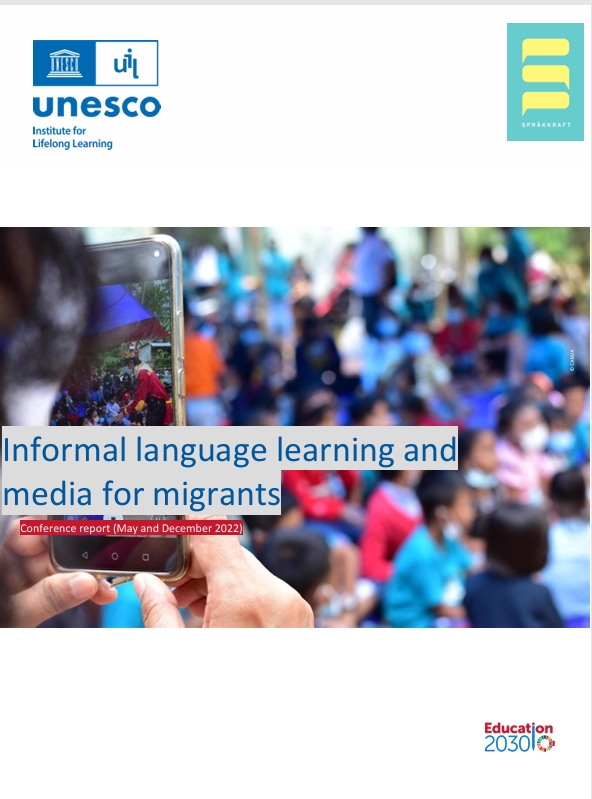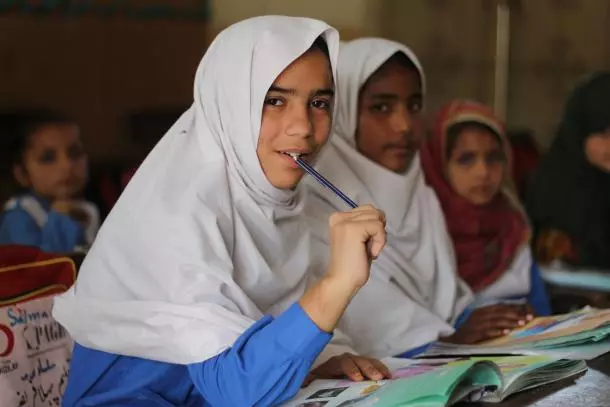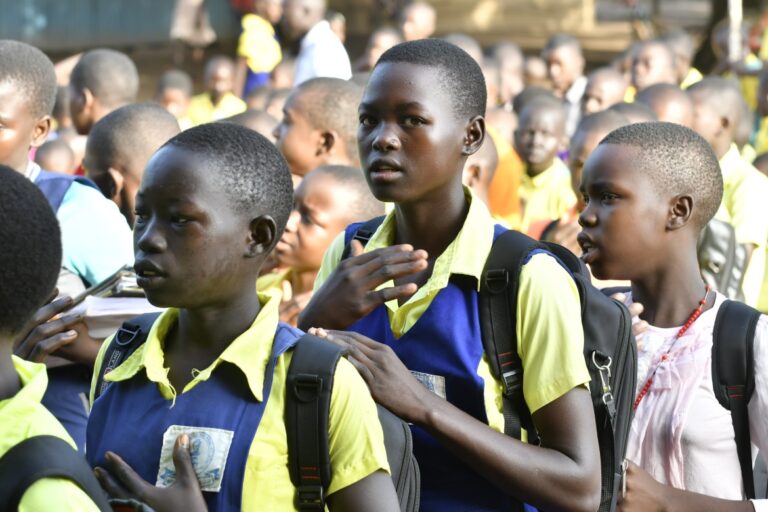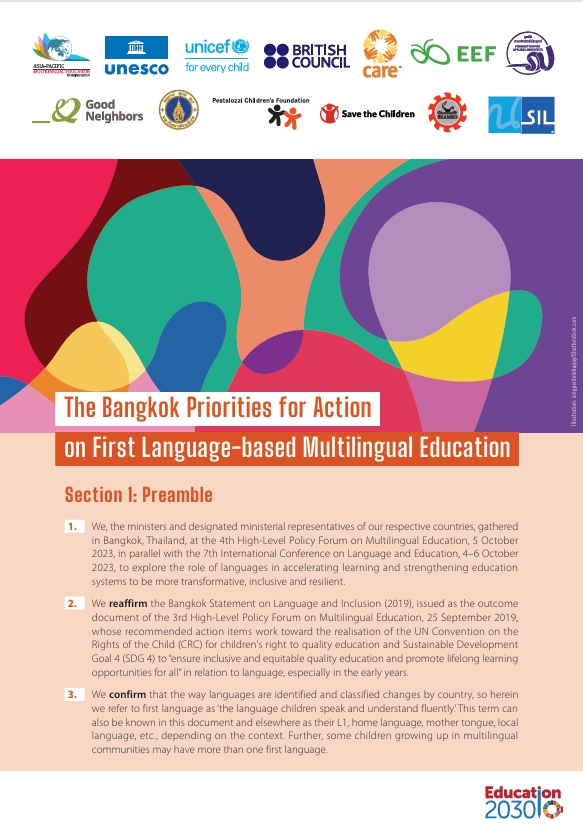The prevailing assumption has been that for nearly anyone past childhood, a new language must be taught formally. However, with the advent of information and communication technologies, adult learners have been increasingly picking up new languages via various channels such as video games, YouTube, language learning apps, and movies. This mode of self-learning has complemented—and in some cases even replaced—the classroom curriculum and instruction (Dressman and Sadler, 2020, p. 2-5).
Language learning has thus entered the everyday spaces we all use—the coffee shop, the living room, and the weekend excursion. In turn, the conception of language learning, once teacher-directed, has shifted towards what Knowles termed 'self-directed learning,' in which individuals take charge of their own learning journeys (Knowles, 1975, p. 18). This shift warrants new research on informal language learning, a vibrant and unexplored subfield within linguistics (Dressman and Sadler, 2020, p. 2).
In the context of the Nordic countries (Denmark, Finland, Iceland, Norway, and Sweden), the themes of media and informal language learning are especially relevant in connection to migration. Since 2010, these countries have seen an increasing number of migrants and refugees from various regions entering the region. Currently, there are about 3.5 million immigrants in the Nordic countries (Nordic Co-operation, 2022), and ensuring that new arrivals can successfully integrate into these societies has been of utmost political importance for governments. However, the path to successful integration, especially into the labor market, is not
On average, it takes about 5-10 years for a refugee to find sustainable employment in the Nordic region (Simic et al., 2018, p. 9). One of the major essential skills for migrants and refugees is proficiency in the host country's language, which removes a significant barrier in their efforts to integrate into labor markets and societies. To address this, all Nordic countries have established extensive language training programs—using both formal and informal avenues—to support the labor market integration of migrants and refugees. In a bid to design more innovative initiatives that can accelerate labor market integration and social cohesion through language learning, the Nordic Council of Ministers has prioritized gaining an in-depth understanding of which modes of language learning are most effective, for whom, and why (Nordic Council of Ministers for Education and Research, 2006).
To address these questions, Språkkraft and UIL, with the support of the Nordic Council of Ministers, organized a two-part conference on 'Media, Migrants and Informal Language Learning' in Copenhagen and Oslo. Språkkraft has been a key player in migrant integration in the Nordic region, focusing on helping immigrants, refugees, and newly arrived individuals integrate into Swedish society through technology-based language learning programs in Swedish and other Nordic languages.
UIL's priorities include promoting lifelong learning and addressing the needs of migrants and refugees for skills recognition and development at both national and local levels. The organization has been making significant progress in developing mechanisms and resources for lifelong learning among migrant and refugee communities. The two-part conference, therefore, aimed to leverage the experience and expertise of the researchers, staff, and professionals involved in both organizations.
Furthermore, the conference contributed to the achievement of Nordic Vision 2030, which envisions a green, competitive, and socially sustainable Nordic region by 2030. Among the 12 focus areas linked to this vision, labor market integration and social cohesion were specific areas addressed by this conference.






